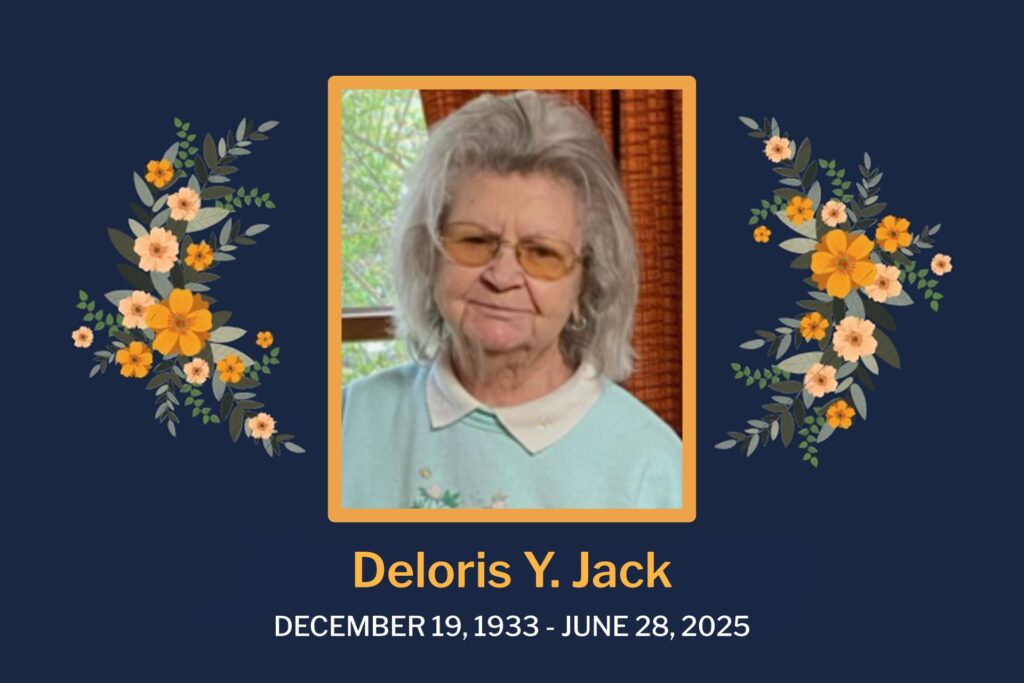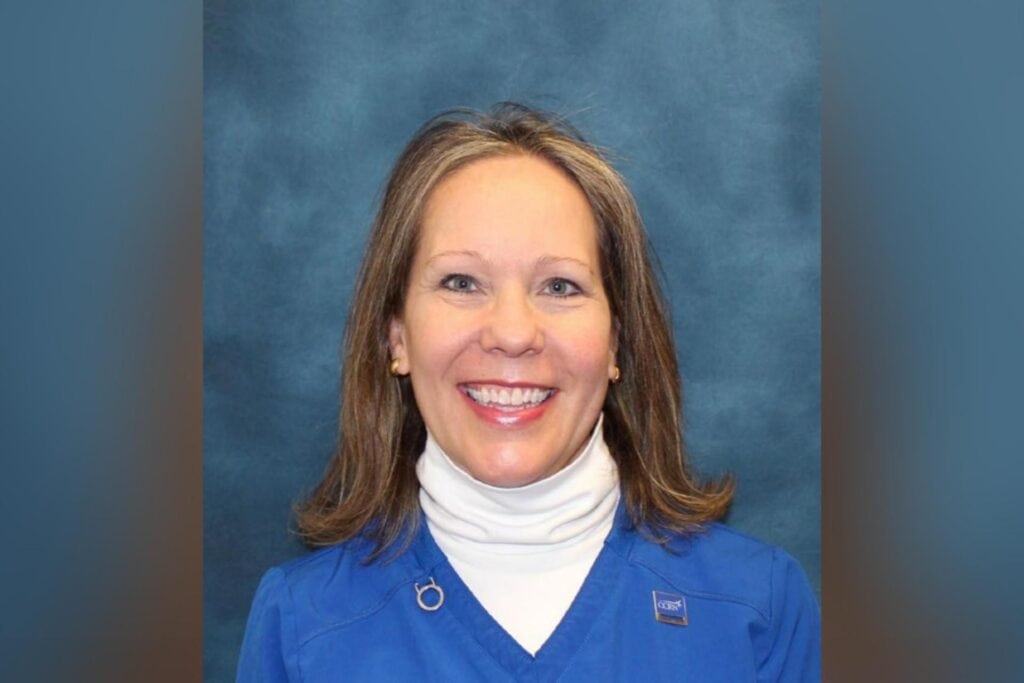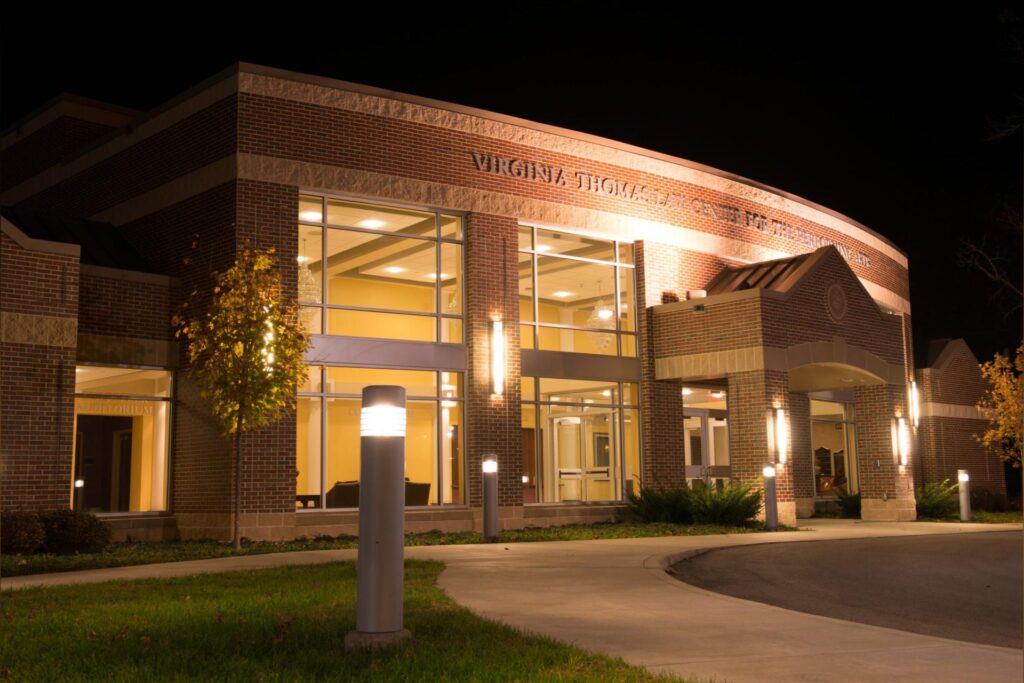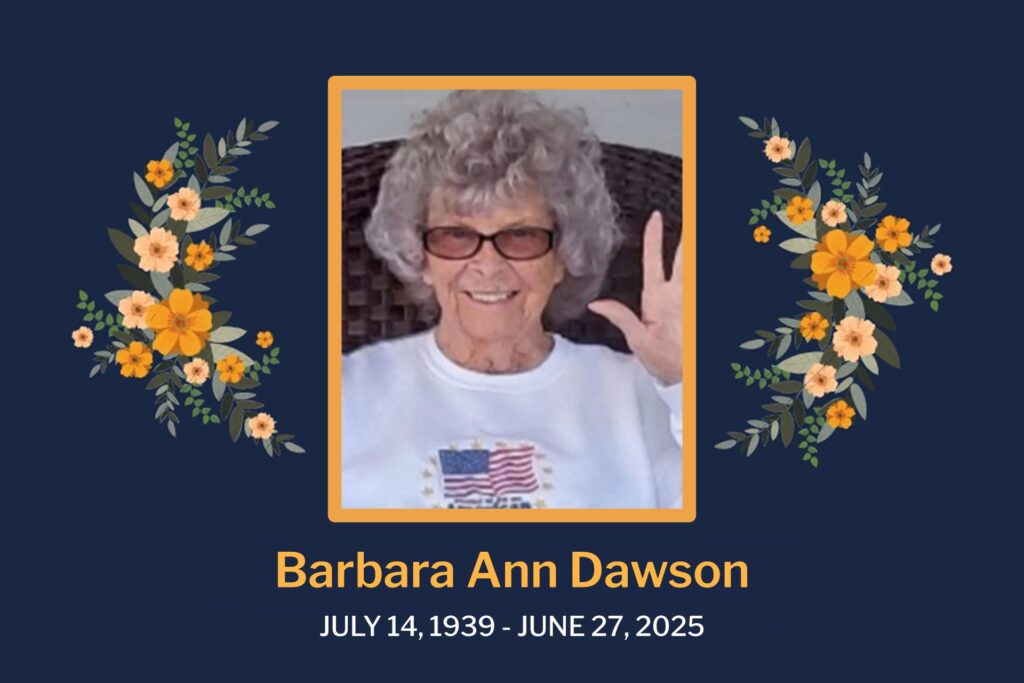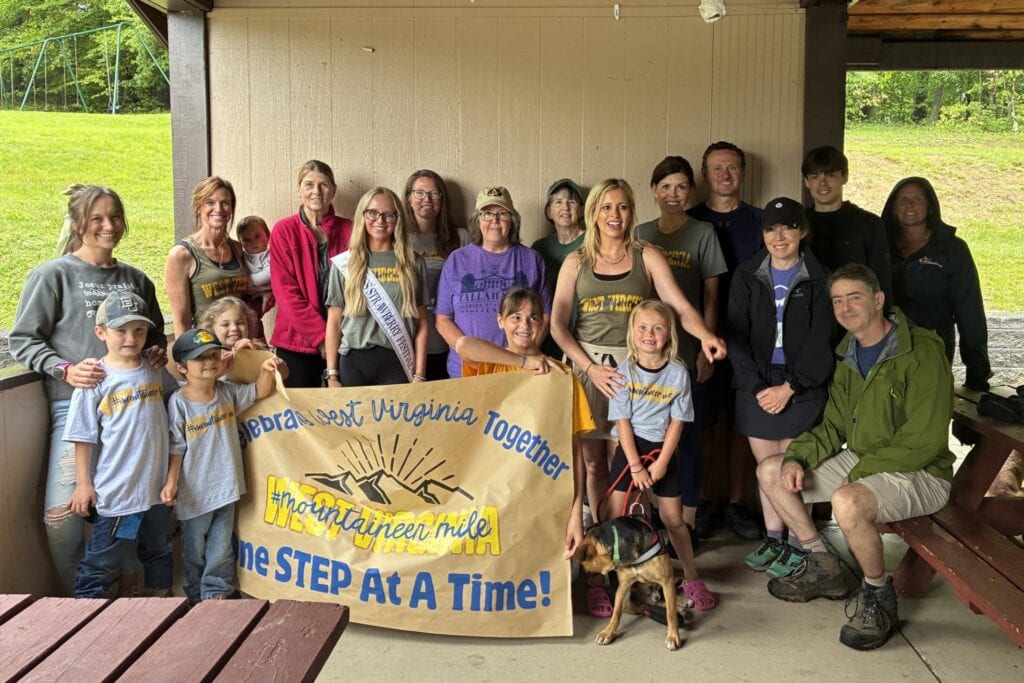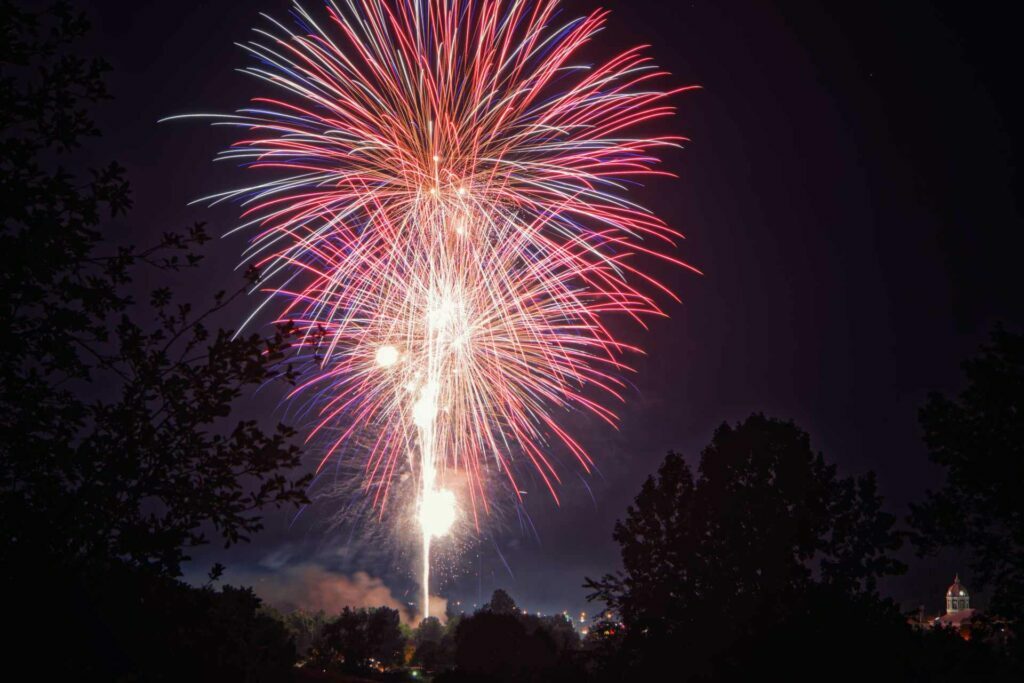BUCKHANNON – West Virginia Wesleyan College has started to offer a new Appalachian Studies minor.
Dr. Katharine Antolini, professor of history at Wesleyan, said the college was able to create a new set of classes to achieve the minor, thanks to earning grant money through the National Endowment for the Humanities.
“The endowment was looking for ways to introduce humanities into science, because usually, you’re a science person or you’re a humanities person,” Antolini said. “This grant was prepared to help fund programs trying to mesh the two, so we’ve always wanted to do an Appalachian Studies program, but usually with Appalachian Studies, classes tend to be humanities courses, like an English course or a religion course, a history course or literature.”
The minor will offer classes from professors who teach history, environmental science, sociology, athletic training, library science, health sciences, political science and English.
“The idea was to give a 360-look from all the angles, so you take classes in the humanities, and you take classes in the sciences,” Antolini said. “We do have one where all of us are taking turns to help teach the intro class; the professors will rotate each week, and each department will take one or two weeks to go over a topic, like I would teach the history of coal, but Dr. (Robert) Rupp could talk about the politics of coal.”
The first new course, taught by Dr. Charles Keeney, covers the West Virginia Mine Wars and was offered this semester via Zoom.
“You have kids coming through, and they take eighth-grade West Virginia history, but they have never heard about the Mine Wars,” Antolini said. “It was the largest insurrection since the Civil War, so we have youth growing up in the state, and they didn’t know about it. We meet every Monday, and he has readings for them, and we talk about them. I think they really are enjoying it.”
One of the next courses that will be offered is ‘Kennedy, Charisma and Catholicism: The 1960 West Virginia Presidential Primary,’ taught by Dr. Robert Rupp, professor of history and political science at Wesleyan.
“Kennedy spent almost five weeks, just in this state campaigning, so we’re looking at that and he later as president, made an influence back on the state in terms of I-79 and the revival of food stamps,” Rupp said.
(According to the History Channel, Kennedy had been startled by the poverty he had witnessed in West Virginia during the 1960 Democratic primary campaign and brought back food stamps as a pilot program as one of his first actions upon taking office in 1961.)
“In a sense, we’re looking at the interaction between a millionaire Irish Catholic [and the people of the Mountain State] – what does he know about Appalachia? And what does Appalachia know about him? By spending all that time here, he learned about the situation, he got an understanding that he could not have gotten from a briefing in the Oval Office,” Rupp said.
Antolini said this minor gives people a chance to branch out from their designated major and look at subjects from various perspectives to gain a deeper understanding.
“Let’s say you’re a science major, and you minor in this. You might never have thought of taking a history class, but you’re studying the environment, so knowing the history and the people that live in this environment then adds to your understanding of the toll on the environment and also the toll on the people and the history behind it, so I think it’s exciting,” Antolini said.
Wesleyan professors were hoping to introduce the intro class during the spring semester, but COVID-19 made them reconsider, so they are hoping to offer the intro class next fall semester.
“Seventy percent of our students are from Appalachia, and especially now in this political climate, we get a lot of attention and sometimes their region is being discussed without their input,” Antolini said. “Some of it plays on ideas of stereotypical ‘hillbillies’ and ‘backwoods’ and for some of our students, that doesn’t resonate, that’s not their experience. They’ll be able to have a voice to talk back to all these outsiders who describe us on the news or the political debates.”
Students will have the opportunity to choose from three core courses or nine credit hours from the humanities. Those classes include: ENGL 248: Appalachian Literature; HIST 241: West Virginia History; ENGL 188/288/388: An approved Appalachian English topics course; and HIST 188/288/388: An approved Appalachian History topics course.
Students will have to choose one scientific inquiry focus and those classes include: ENVS 188/288/388: An approved Appalachian Environmental Science topics course; HSCI 188/288/388: An approved Appalachian Health Science topics course; EXSC 130: Personal and Community Health; HSCI 345: Community Health Assessment; and SOCI 356: Community-Based Social Justice.
Students will choose one experimental learning focus and get to choose between a relevant internship, travel course or other approved course.
Students will choose two elective courses or six credit hours. These classes include: CJUS 351: Drugs and Society; HIST/POLS 322: Kennedy, Charisma, Catholicism: The 1960 West Virginia Presidential Primary; POLS 305: West Virginia Politics; RELG 214: Issues in Environmental Theology; SOCI 225: Social Stratification or an approved Appalachian topics course.
Lastly, a student must complete NDS 488: Appalachian Studies Collaborative Capstone course.
For more information, check out Wesleyan’s course catalogs by clicking here.


